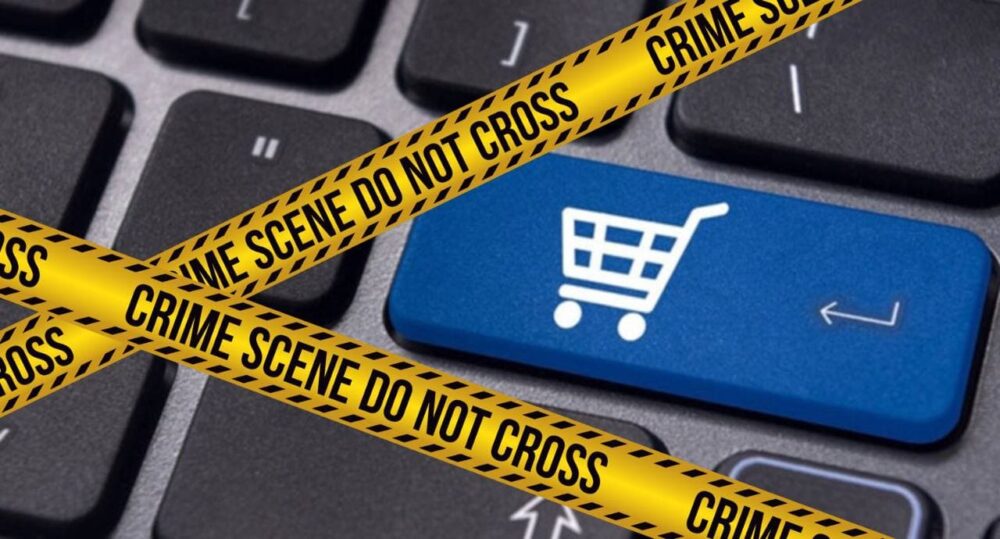E-Commerce Industry Opposes Extrajudicial Blocking of Websites with Non-Certified Goods
The Association of Internet Trading Companies (AKIT) and the Russian Association for Electronic Communications (RAEC) have appealed to Russian Prime Minister Mikhail Mishustin, asking not to pass new bills tightening online trade regulations without industry discussion, according to Kommersant, which has obtained a copy of the letter.
The appeal concerns two documents: one introduced in June 2021 by State Duma deputies Sergey Neverov and Alexander Petrov (document No. 1190171-7), and another submitted to parliament in December by deputy Sergey Leonov (bill No. 50212-8). One bill proposes extrajudicial blocking of websites selling uncertified food products, while the other introduces similar measures for all categories of goods.
AKIT and RAEC’s main concern is that these bills equate the sale of goods not approved for circulation online with information about suicide methods and drug manufacturing. The authors of the letter note that this could lead to the mass closure of e-commerce companies, whose turnover reached 3.1 trillion rubles in 2021.
Last year, out of 2.6 billion orders, only 7,000 violations were found. In other words, the proposed measures would allow any resource to be blocked without a court decision to address just 0.0003% of violations, says AKIT President Artem Sokolov: “If you compare this to offline retail, it’s like shutting down an entire chain because of one expired cheese product.”
The authors of the bills believe the concerns are exaggerated, arguing that strict regulation will only affect certain categories, such as dietary supplements. However, legal experts still consider the measures unacceptable from a legal standpoint. According to Denis Kosenkov, partner at the law firm Kosenkov & Suvorov, the adoption of the Neverov and Petrov bill is simply “unacceptable from a legal perspective.” He explains that, interpreted literally, the bill would even restrict food products that do not require certification. Kosenkov emphasizes that remote sales of food products are “no more dangerous than traditional retail.”



